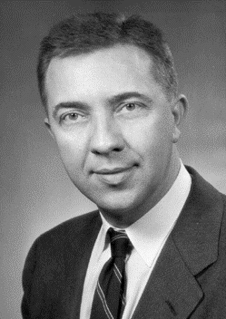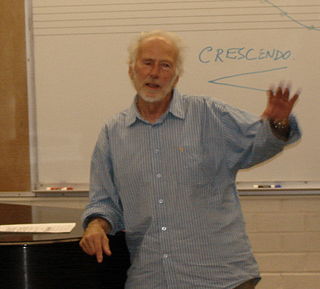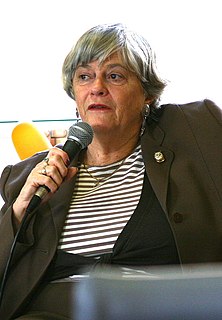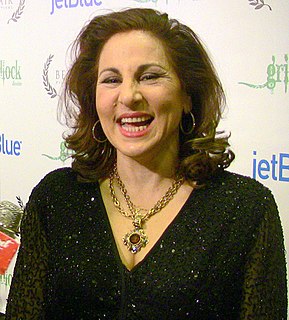A Quote by James Van Allen
I think we need someone in a responsible political position to have the courage to say, 'Let's terminate human spaceflight.'
Quote Topics
Related Quotes
My position is that it is high time for a calm debate on more fundamental questions. Does human spaceflight continue to serve a compelling cultural purpose and/or our national interest? Or does human spaceflight simply have a life of its own, without a realistic objective that is remotely commensurate with its costs? Or, indeed, is human spaceflight now obsolete?
In a dispassionate comparison of the relative values of human and robotic spaceflight, the only surviving motivation for continuing human spaceflight is the ideology of adventure. But only a tiny number of Earth's six billion inhabitants are direct participants. For the rest of us, the adventure is vicarious and akin to that of watching a science fiction movie. At the end of the day, I ask myself whether the huge national commitment of technical talent to human spaceflight and the ever-present potential for the loss of precious human life are really justifiable.
People say to me, Oh, it's so wonderful that you're writing about real things, and that it's a political thing to do, and I say, look-to be in my position and not say anything is a hell of a political thing. You need to think politically, otherwise you'll be one of these people who says, Oh, this person's saying this and that person's saying that, and I'm confused. And I say, yeah, because you want to be confused.
The thing is, right now the films don't need to be overtly political to be about our times. We also need films that are just human, that are about people. People need that, too. It's like we need to reconnect to what it is to be human. Not just what our political situation is. That's not what I'm thinking about exclusively. Human content is needed again, as it was in the '70s. I think films were more human than they've been since then.
It is not the courage to be that we must develop as much as the courage to become. We are responsible for our destiny. The meaning of life is not located in some hidden crevice in the womb of nature but is created by free persons, who are aware that they are responsible for their own futures and have the courage to take this project into their own hands.
The love of wisdom is a way of life; that is to say, it's a set of practices that have to do with mustering the courage to think critically about ourselves, society, and the world; mustering the courage to empathize; the courage, I would say, to love; the courage to have compassion with others, especially the widow and the orphan, the fatherless and the motherless, poor and working peoples, gays and lesbians, and so forth - and the courage to hope.
Someone once said that the two most important things in developing taste were sensitivity and intelligence. I don't think this is so; I'd rather call them curiosity and courage. Curiosity to look for the new and the hidden; courage to develop your own tastes regardless of what others might say or think.
Erasmus dramatizes a well-established political position: that of the fool who claims license to criticize all and sundry without reprisal, since his madness defines him as not fully a person and therefore not a political being with political desires and ambitions. The Praise of Folly, therefore sketches the possibility of a position for the critic of the scene of political rivalry, a position not simply impartial between the rivals but also, by self-definition, off the stage of rivalry altogether.
I need to say how I feel.aIf you were a political person before, and you just happened into a movie, to stop being a political person makes no sense. I always laugh and say, 'Dudes, if I have to choose, I'm a political person first. I would never do another movie again and be completely happy.' I need to say how I feel.

































